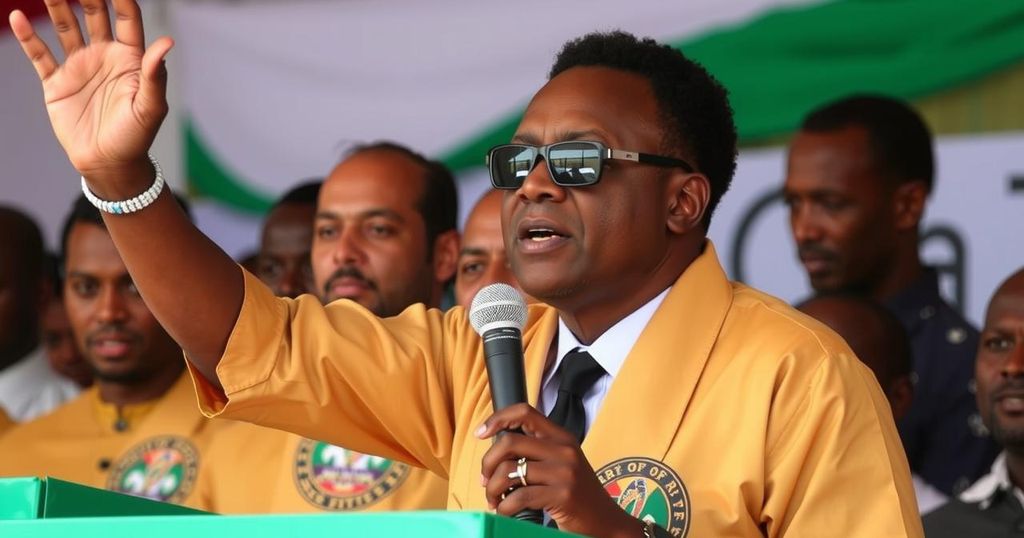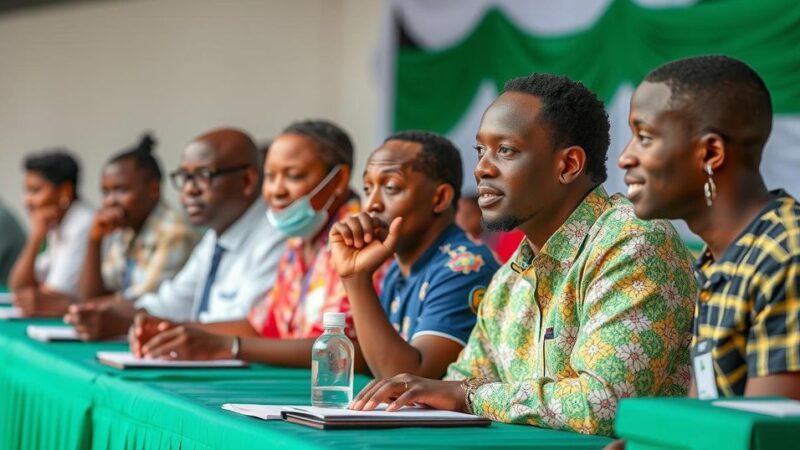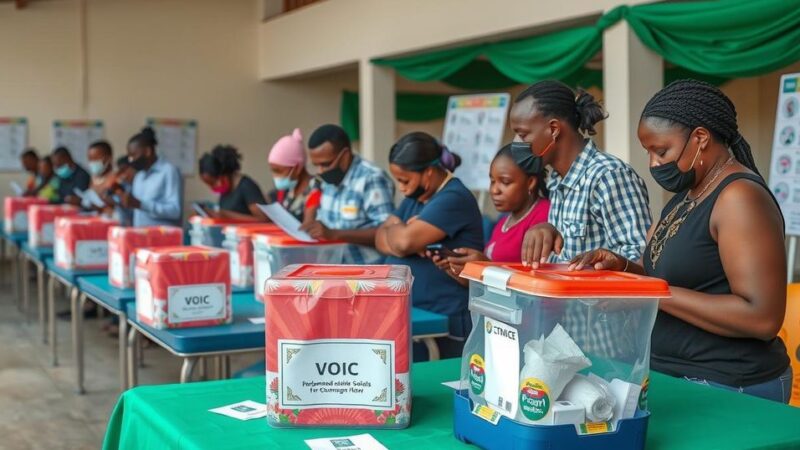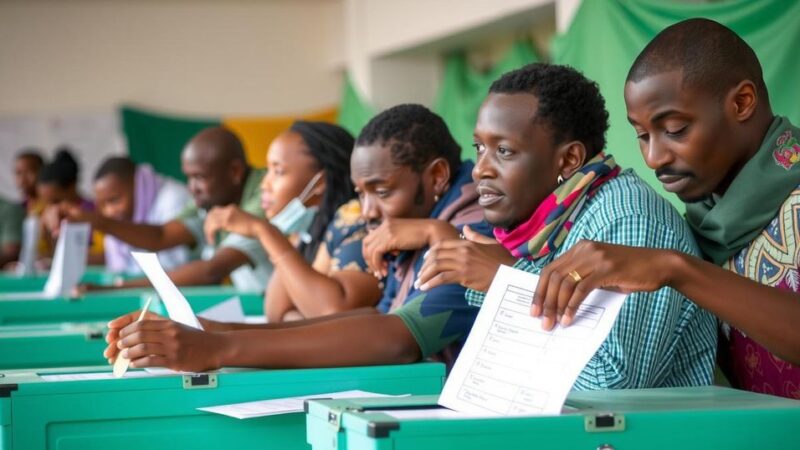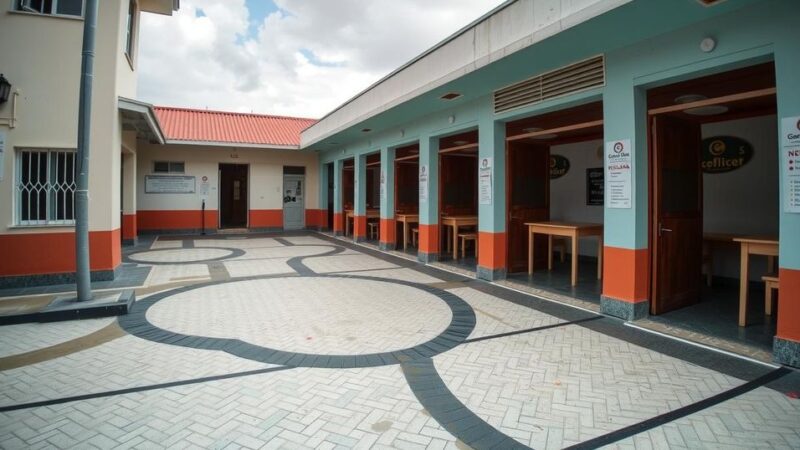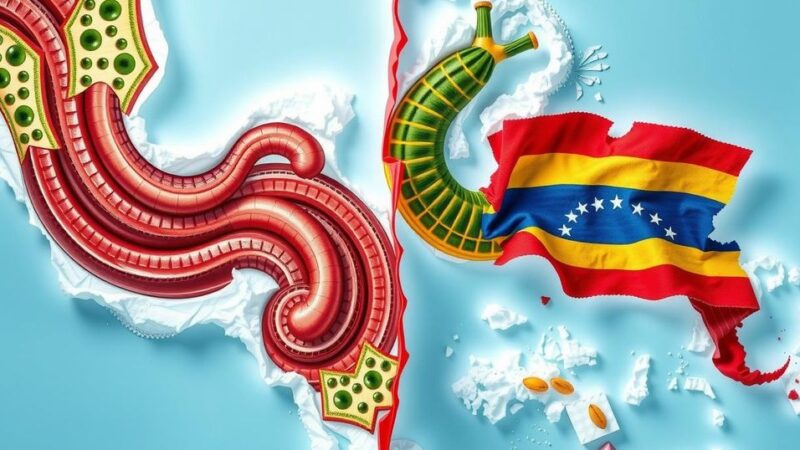Chad’s ruling party won 124 out of 188 seats in the recent parliamentary elections, which were boycotted by the main opposition parties. The elections, seen as a step towards democracy, raised concerns over credibility among critics, particularly after a disputed presidential vote in 2022. Chad faces ongoing security challenges, complicating its political transition.
In the parliamentary elections held last month in Chad, the ruling Patriotic Salvation Movement party secured 124 out of 188 seats amid a boycott by the principal opposition parties. According to provisional results disclosed by Ahmed Bartchiret, the head of the electoral commission, the voter turnout reached 51.5%. This election, marking the first parliamentary vote in over a decade, forms part of the country’s transition to democracy initiated after Mahamat Idriss Deby assumed power as a military leader following the death of his father, former President Idriss Deby Itno, in 2021.
Upon taking control, President Deby pledged that these elections would contribute to decentralization, empowering local governance beyond the national level. However, more than ten opposition parties, including the prominent Transformers party led by Succes Masra, criticized the elections as a “charade,” expressing concerns over the legitimacy of the electoral process, which observers deemed lacking in credibility. The opposition’s absence from the voting underscores the contentious political atmosphere in Chad, exacerbated by ongoing security challenges posed by militant groups such as Boko Haram and deteriorating military relations with France, a critical ally.
Chad has been under military rule since 2021 when Mahamat Idriss Deby assumed power after the death of his father, who had been the president for 30 years. The transitional government initiated a process aimed at restoring democratic governance, culminating in the recent parliamentary elections that were the first in a decade. The electoral landscape has been marred by boycotts from key opposition parties, reflecting the deep political divisions within the nation.
In summary, the ruling party’s significant electoral victory amidst opposition boycotts underscores the consolidation of power by the current administration in Chad. As the nation grapples with internal conflicts and security threats, the legitimacy and inclusivity of its democratic processes remain a pivotal concern for both the government and its critics.
Original Source: www.mymotherlode.com

